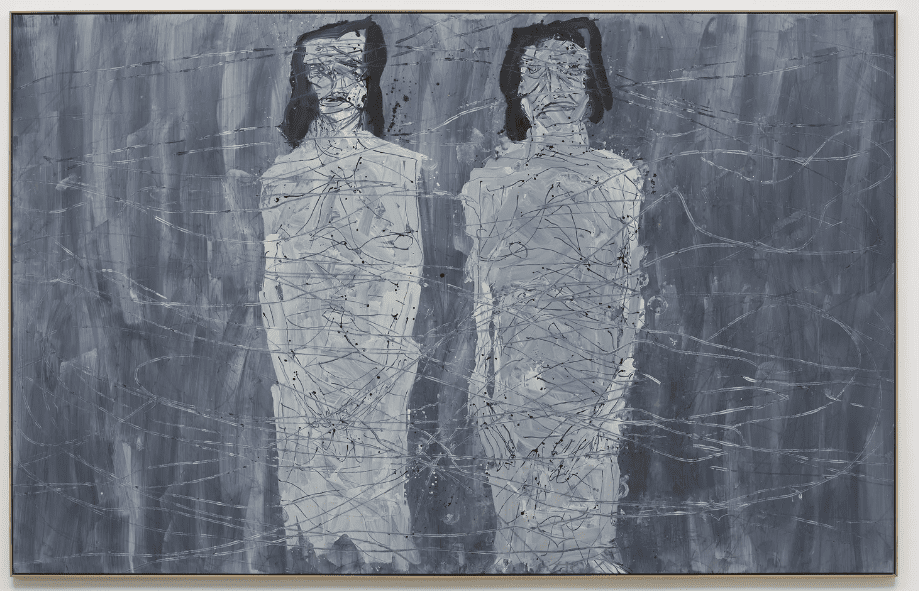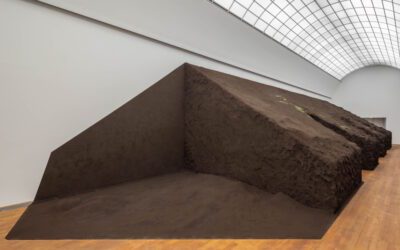A Thousand Pockets
Ah well, I remember
you kissed weirdly because
you used hold your big
cat eyes open,
watching me as we did it.
I used close mine but opened them
to watch you as we did it.
You'd watch me as we did it, love.
But sure, that was north of the river
and anyway you were never
my mot – see, you know how to
suffer with your mouth closed, in
fine squalor north of the river.
And me, I'm south and skint, love,
picking stale tobacco
from the thousand
pockets in my jacket.
A thousand pockets in my jacket, love,
tough leather on my jacket.
—
non-coitus 1
you descend the staircase all at once.
yes, you say
but no, no
you can't, you say
you won't, you say
then you offer
your handcuffed hands to me.
i'm not a jailer, i say,
just a militia man.
—
it's as if i've turned mostly to stone
it's as if i've turned
mostly to stone
with just a few little
books of flesh
and a few pieces of wood
jutting from me.
once nimble, now i'm
lumpy and freckled and crawled on
and my bitten nails stay bit.
i can smell and see,
but can't get at
the thick smoke of desire
pouring from your crotch.
Mo Fox is from Ireland, studies in London and has a blog with pictures and poems at www.mo-things.tumblr.com
Editor's note: In Dublin argot, the word 'mot', or 'moth' is analogous to 'girlfriend'.
The river Liffey divides the city of Dublin geographically and socially. The northside is typically thought of as working-class and rough, south of the river more commonly thought of as affluent and genteel. 'south and skint' subverts some of that imagined dichotomy. Also worth noting is that the Irish usage of the word 'skint' suggests 'physically cold', as well as the standard meaning: 'hard-up'.
The rhythm, metre and cadence of the title: 'it's as if i've turned mostly to stone' will be recognisable to many Irish readers, if not always consciously. It reflects the title of an 1816 poem written in the 'Newgate cant' style, much-loved by Irish nationalist raconteurs, and concerning the final hours of an unrepentant man condemned to the gallows. The title: 'On the night before Larry was stretched'.
The notion of turning to stone is an established theme in the literature of the city of Dublin too – developed most famously in the Anna Livia Plurabelle chapter of James Joyce's Finnegans Wake, which portrays the meandering, fluid conversation between two washerwomen on the banks of the Liffey. As the chapter closes, one of the women turns to stone:
'Dark hawks hear us. Night! Night! My ho head halls. I feel as heavy as yonder stone.'

An observer first and foremost, Sean Keenan takes what he sees and forges words from the pictures. Media, critique, exuberant analysis and occasional remorse.
















